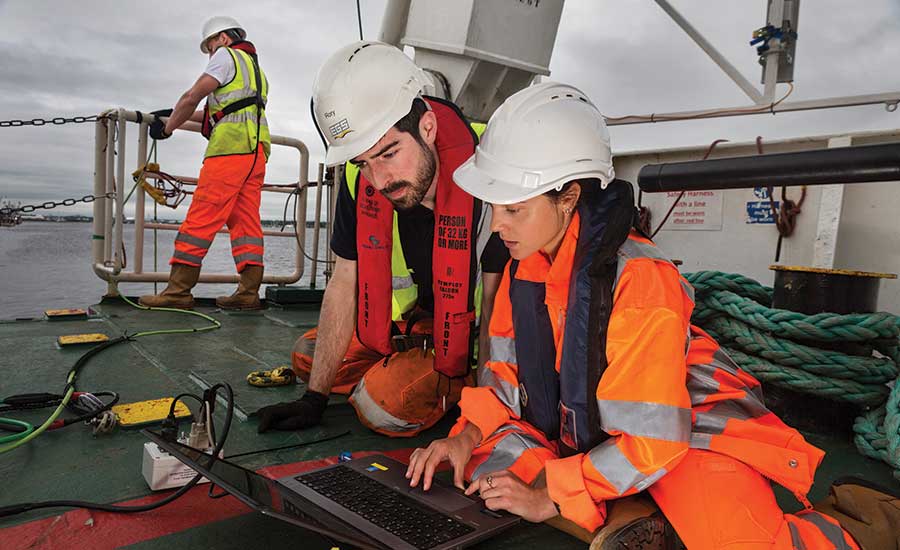Unlocking growth in the automotive industry is increasingly reliant on the infusion of capital that empowers car dealerships to innovate and adapt to changing market dynamics. In an era marked by rapid technological advancements and shifting consumer preferences, dealerships play a pivotal role in the ecosystem, bridging the gap between manufacturers and consumers. Capital investment allows these dealerships to modernize their operations, embrace new technologies, and enhance customer experiences, all of which are critical for thriving in a competitive landscape. One of the most significant areas where capital is fueling innovation is in the realm of digital transformation. As more consumers turn to online platforms for research and purchases, dealerships are compelled to invest in robust digital infrastructures. This includes user-friendly websites, virtual showrooms, and integrated customer relationship management systems. By enhancing their online presence, dealerships can attract a broader audience, streamline the purchasing process, and provide personalized services. Capital investment in technology not only improves operational efficiency but also fosters deeper customer engagement, which is essential for building brand loyalty in a saturated market.
Moreover, as the industry shifts towards sustainability, Car dealer capital looking to diversify their offerings. The rise of electric vehicles EVs has transformed the automotive landscape, prompting dealers to adapt their inventory and service capabilities. By investing in training programs for staff, upgrading service centers, and installing charging stations, dealerships can position themselves as leaders in the EV market. This proactive approach not only meets the growing demand for sustainable transportation options but also aligns with global trends toward environmental responsibility, making dealerships more attractive to eco-conscious consumers. Additionally, access to capital enables dealerships to explore innovative financing models that cater to evolving consumer preferences. Subscription services and flexible financing options are gaining traction, allowing consumers to choose vehicle access that suits their lifestyle without the commitment of traditional ownership. By adopting these models, dealerships can tap into new revenue streams while meeting the needs of a diverse customer base.
The importance of capital in fostering collaboration between dealerships and technology startups cannot be overstated. By investing in partnerships with innovative companies, dealerships can leverage cutting-edge technologies, such as artificial intelligence and data analytics, to enhance operations and customer experiences. These collaborations can lead to the development of advanced inventory management systems, personalized marketing strategies, and improved customer service solutions. Ultimately, this interconnectedness fosters a culture of innovation within the industry, driving growth and sustainability. In summary, the infusion of capital into car dealerships is a key driver of innovation in the automotive industry. By investing in technology, sustainability, flexible financing models, and strategic partnerships, dealerships can not only adapt to changing market demands but also position themselves for long-term success. This commitment to growth and innovation is vital as the automotive landscape continues to evolve, ensuring that dealerships remain competitive and relevant in the years to come.

 This ensures that once the safety protocol is triggered, the system can be swiftly restored to operational status, further enhancing the reliability of offshore installations. The ability to quickly resume operations is especially critical in offshore applications, where time-sensitive processes and stringent production schedules prevail. As technology continues to advance,
This ensures that once the safety protocol is triggered, the system can be swiftly restored to operational status, further enhancing the reliability of offshore installations. The ability to quickly resume operations is especially critical in offshore applications, where time-sensitive processes and stringent production schedules prevail. As technology continues to advance, 